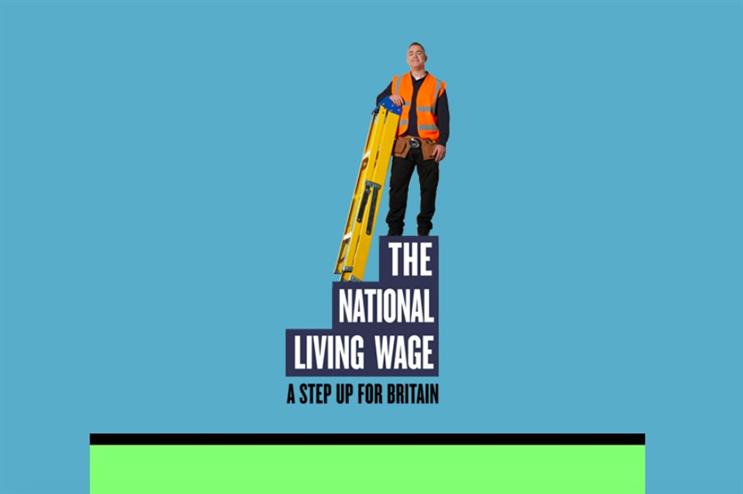
The new law, which is being described as 'a step up for Britain', has seen the minimum wage rise by 50p, to £7.20 for Brits aged 25 and over, and there are plans to increase this figure year-on-year.
Welcoming the change
It seems that, overall, the industry sees the implementation of a National Living Wage as positive.
Tom Eatenton, CEO at Kru Live believes compulsory and suggested minimums pay rates are of benefit to the sector. "We introduced minimum pay terms to our sector years ago and found this had a direct effect on consistency in the industry, through a higher number of people being able to work in the temporary side of events as a full time occupation. Minimums are good news for both organisers and those working in the lower wage brackets.
"It is definitely a problem for small businesses and start-ups (mainly outside of our industry) to impose higher compulsory minimums which is why the voluntary/suggested living wage is a good thing. Those responsible employers that can adopt it will see the benefit of doing so," he adds.
Tom Lloyd Owen, director at Event Oracle notes that it is of benefit to lower paid workers in particular. "The minimum wage has never seemed a fair wage to be paid if you live and work in London, and increasingly this has spread across the whole of the UK.
"This increase comes at a time when it is much needed for all employees at the lower end of the pay spectrum.
Nigel Cooper, chairman at Zibrant believes the wage will help to reduce staff turnover in the industry. "Zibrant fully supports and embraces the drive to improve conditions for low paid workers in the meetings and events industry and welcomes the introduction of the new National Living Wage.
"One of the key challenges facing our sector is attracting and retaining high quality talent so moves such as the new living wage will help to address this, improving standards and professionalising the industry," he says.
Already paying above the minimum wage
Many companies have stated that they already pay their employees above the minimum wage. Excel London, which has also stated its support for the new law, is a prime example.
"Excel London places people at the heart of its business, and part of our plan has been to work towards the London Living Wage. As a result, the impact of National Living Wage on our business has been reduced," says the venue's CEO, David Pegler.
Lloyd Owen explains that Event Oracle rewards it staff with sufficient pay packets. "We have always been in a position to pay above the living wage to our whole team, and that ethos will continue."
Eatenton says Kru Live’s clients are well aware that top quality staff tend to produce great results, and as such the agency has always been able to pay its staff adequately. "We have been paying above both the proposed living wage and industry norms to our teams for all of our 11 years so in the immediate future this will not impact us, nor our staff or clients."
"We already pay all of our staff above the level that has been introduced by the new National Living Wage," adds Cooper.
How will the law impact the industry overall?
Eatenton predicts companies that work with suppliers, as well as venues could be subject to increased costs. "Those reliant on suppliers that currently employ staff on lower pay may be affected as costs may increase [and] have a knock on effect. Agencies will need to pass those costs on to brands/event clients and ultimately increase the overall cost of events.
"Venues that employ lower paid work forces, for example cleaning teams, wait staff, receptionists and security, that choose to embrace the voluntary living wage will either have to absorb the increase or raise the cost of using their venues to clients in order to retain their bottom line."
He also believes staffing agencies that aren’t already paying their employees above the minimum wage will be affected.
Pegler agrees, and predicts this will be the case throughout the industry. "The hardest hit people will be the small business owners, particularly those with large work forces, but it is a necessary change that benefits the people most at need," he says.
Lloyd Owen explains the move could increase the quality of the industry's workforce. "With increased pay across any sector it will increase the supply of employees, finding cheap labour is always hard, but if the pay is better there will be greater demand for every job. So a more skilled and professional work force should follow."
He adds: "The hardest hit people will be the small business owners, particularly those with large work forces, but it is a necessary change that benefits the people most at need."
More:
Comment below to let us know what you think.
For more in-depth and print-only features, showcases and interviews with world-leading brands, don't miss the next issue of Event magazine by .

